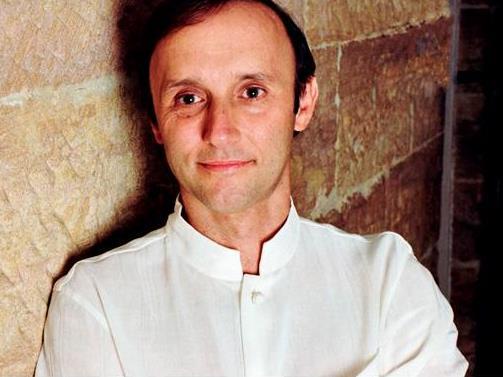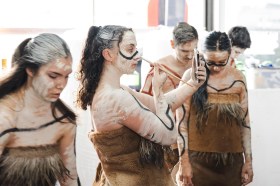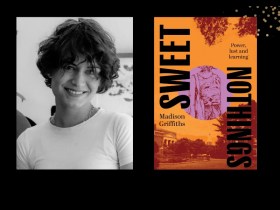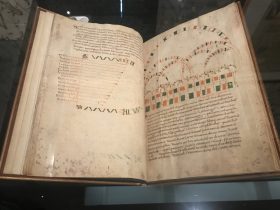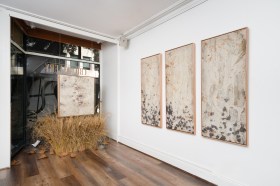It is, unfortunately, that time of the year again. That time when seasons start to run down, where the end of concert schedules begun to be reached, when classical music, and theatre, and most performing arts, prepare themselves to take a little break. Such is the case with the Sydney Symphony’s Mozart in the City concerts, which had their last performance (for this year, anyway) last Thursday at the City Recital Hall. There’s only four concerts throughout the year, but, save some of the bigger events that happen at the Concert Hall – one thinks of David Robertson conducting The Flying Dutchman, for instance – this miniature series is one of this critic’s most anticipated. The programming is often more eclectic (or at least it seems that way), the venue is certainly more intimate, the sound is more filling to the ear, and the musicianship is usually higher. Let me not denigrate the Concert Hall programs, however – they have their own quite crucial value – but I would not be dismayed if a little more time were spent at the City Recital Hall, and a little less at the Opera House. But ’tis the pre-season to be thankful, so let me not dwell.
This latest concert, entitled Mozart and Shostakovich, was not the best of the year – that goes to the concert that gave us the wonderful Chamber Symphony of Schreker – but it was time well spent. We began with Mozart’s Piano Concerto No.19 in F, K459, with concertmaster Dene Olding conducting from his chair (later taking to the podium), and pianist Alan Yu, winner of the 2012 Sydney International Piano Competition, taking up the soloist duties. Yu is an unremarkable presence on stage – or rather, a careful, deliberate, and non-flashy presence. He plays with a hushed grace and a overarching smoothness. Indeed, most of the concerto seemed to be marked by a smoothness, both to the notes and the dynamics, that made it all merely pleasant instead of particularly engaging.
After the Mozart came Shostakovich’s Chamber Symphony Op.83a, orchestrated from his String Quartet No.4 by Rudolf Barshai. Barshai, the program tells us, orchestrated many of Shostakovich’s string quartets, and while one can certainly hear, especially in the first movement, the base DNA of the four voice form, Barshai plays with the colours and combinations in a thoroughly satisfying way. Dene Olding, emcee while the stage was reset, informed us that there was the customary Shostakovich touch in this work, that of “laughing through the tears”, and he managed to convey that marvelously. Comparisons with the performance of the Schreker leave this chamber symphony second best, but whereas the Mozart was pleasant, this had far more tension and whir to it, with the lilt of the Jewish roots and Russian folksongs most satisfactory.
The concert ended, as it always does (well, almost always, save for one black night), with the “Mozart Mystery Moment”. Once again it wasn’t a Mozart piece (perhaps this critic has misinterpreted the definition of what a “Mozart Mystery Moment” is, and so I’m destined to be disappointed whenever it is not a Mozart), but the piece, the Sentimental Sarabande from Britten’s Simple Symphony, for strings alone, was warm and cosy and a fine way to end the year. Bring on the next!
Rating: 4 out of 5 stars
Sydney Symphony
City Recital Hall
Thursday 17 October
Program:
BRITTEN Simple Symphony Op.4
MOZART Piano Concerto No.19 in F, K459
SHOSTAKOVICH arr. Barshai Chamber Symphony, Op.83a
